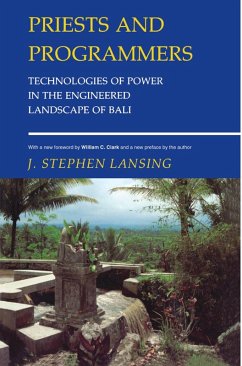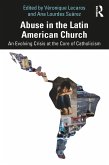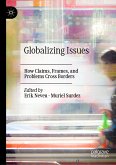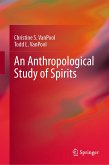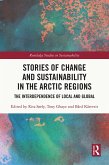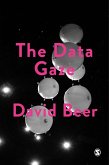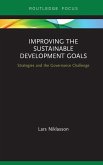For the Balinese, the whole of nature is a perpetual resource: through centuries of carefully directed labor, the engineered landscape of the island's rice terraces has taken shape. According to Stephen Lansing, the need for effective cooperation in water management links thousands of farmers together in hierarchies of productive relationships that span entire watersheds.
Lansing describes the network of water temples that once managed the flow of irrigation water in the name of the Goddess of the Crater Lake. Using the techniques of ecological simulation modeling as well as cultural and historical analysis, Lansing argues that the symbolic system of temple rituals is not merely a reflection of utilitarian constraints but also a basic ingredient in the organization of production.
Lansing describes the network of water temples that once managed the flow of irrigation water in the name of the Goddess of the Crater Lake. Using the techniques of ecological simulation modeling as well as cultural and historical analysis, Lansing argues that the symbolic system of temple rituals is not merely a reflection of utilitarian constraints but also a basic ingredient in the organization of production.

